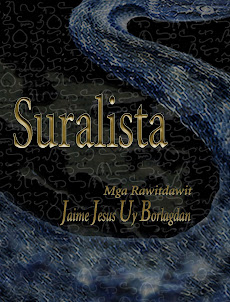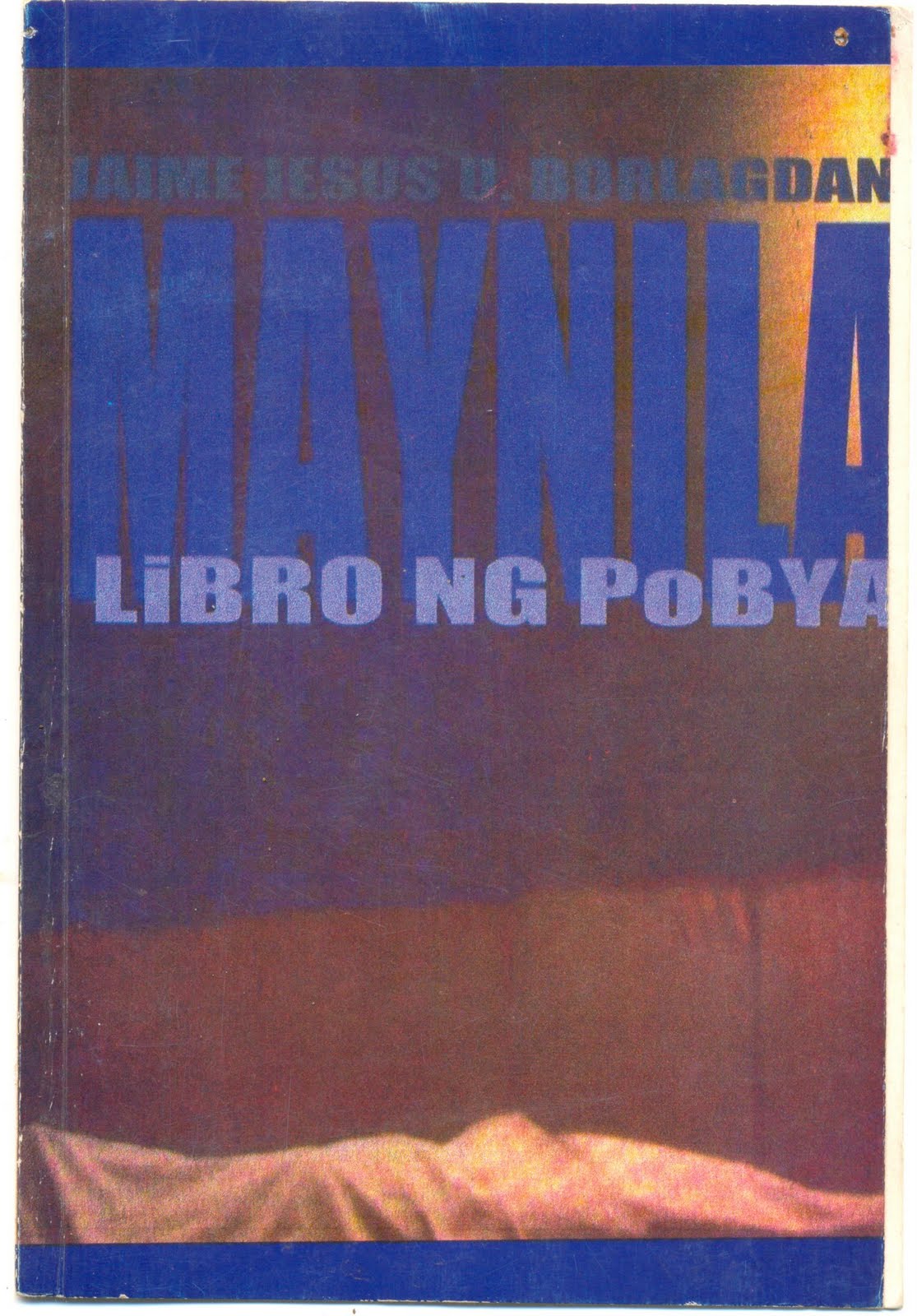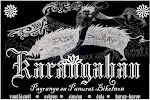i thought i’d give my mind a little exercise, so i flexed my brain muscles by translating this poem i came across in the “fb memories.” i recalled writing this poem after burying the body of my father-- or was it my granduncle? Anyway, it was a significant time for me and a great turning point, as it was when i picked up my chanting beads again and continued on the path of spiritual-consciousness.
my literary education forbids me to explain a poem bluntly, but what the heck, i’ll spare a few words at least. if you’re to read the poem, i am in a cemetery, pondering upon tombstones. i have this habit of reading stuff on tombstones and try to extract a story out of each. how could have this person died? she’s too young...on and on. but more interesting for me are those tombstones that are so washed out that the names are wiped off clean by time and weather. and a question of existence assails me. no name, no person? what happens now? it was a very educational experience for me so i was having fun a bit, but this very same situation would’ve been very different if it weren’t for my background in the science of identity.
when i was growing up i always thought that i was the body. so death for me was an extremely claustrophobic thought: i will be cramped up in that cement box until the angels blow their trumpets for resurrection? so i used to look at tombstones with horror, in fact i seldom look at them at all. but with the mercy of my spiritual guide, the most fearless man i know, i was freed from this fear of death and, yes, tombstones. he simply relayed to me the absolute truth that passed down from one saintly teacher to another, a line which can be traced back to God Himself: i am a spiritual spark of God, i am not my body. i am the spirit-soul within that body. the body will die, but i will go on existing. with the strength of knowledge i faced this fear every single moment.
what we fear about death is not so much the pain of death, but the fear of losing the body we identify ourselves with. with the body comes its extensions such as the name, titles, relatives, race, gender, properties, politics etc. no one, no matter how powerful, can resist splitting away from his body though. demons like Hiranyakasipu who performed superhuman austerities just to prolong his stay in his body are in the end forced out, evicted by God Himself from their temporary apartment. and we are persistent. suppose we lose the body eventually, we ask our relatives to preserve that body like what they are doing to President Marcos. incidentally that’s what we also do to pickles, at least one can eat the pickles... but that glass box will have to go someday and that beloved body will succumb to the earth. if we are not as big as Marcos, we settle with just prolonging our name on a marble. here lies so and so...he was loved... and the cemetery is full of these names on stones, full of dates of births and deaths. hold on, hold on. please don’t forget. but time is death’s master, and he will erase all these names from the face of the earth eventually as evidenced by the clear, flawless tomb stones. everything will be forgotten.
the last line of the poem alludes to John Keats’ epitaph that goes: here lies one whose name was writ in water. such a romantic way to fade away. when you have a debt and it is written in water, it means don’t bother to remember it. these names once written in stone but eventually erased by time are now written in water. we spend our lives having our names placed on a piece of paper to be hung on a wall or on a bronze plate at some door. we take care of our name as good as we take care the body connected to that name but in the end it will end up in some stone in the cemetery someday. oh, but not my name, it’s in history books! okay let’s burn all the books. oh, but mine is etched on a colossal statue. smash that statue down. which reminds me of a poem by Keats’ friend Percy Shelley, “Ozymandias”:
I met a traveller from an antique land,
Who said—“Two vast and trunkless legs of stone
Stand in the desert. . . . Near them, on the sand,
Half sunk a shattered visage lies, whose frown,
And wrinkled lip, and sneer of cold command,
Tell that its sculptor well those passions read
Which yet survive, stamped on these lifeless things,
The hand that mocked them, and the heart that fed;
And on the pedestal, these words appear:
My name is Ozymandias, King of Kings;
Look on my Works, ye Mighty, and despair!
Nothing beside remains. Round the decay
Of that colossal Wreck, boundless and bare
The lone and level sands stretch far away.”
__________
Nothing material will endure. Nothing perishable will remain.
The body and everything connected with it are all made of matter. Even the name: material sound vibration. therefore we, being spiritual being, cannot take shelter of our material name, or our president’s name, our country’s name, our favorite superhero’s name, even our parent’s name... they will all be written in water, in the river of time.
but there is a name that will never fade away. there is a name that will endure. a name that is not contaminated by any tinge of matter. the Holy Names of the Absolute Truth, the One Supreme Person, are countless: Allah, Jehova, Govinda, Eloi, Krishna, and many more...These Names are etched not only in stone or scribed in scriptures, but most importantly They are kept in the pure hearts of the devotees who spread These Names time after time. you can take shelter of These Names, for they are incorruptible by time and death, in fact the Holy Name is time Himself in this material realm. simply by chanting These Names, we will be freed from the ignorance exemplified by our hankering to glorify our own lusterless names in stone. thank you very much for bearing the long intro. so here’s the poem:
English translation:
Here lies peace. In stone chests
confined are the breathless hopeful to breathe
again. In the end neither bone nor ash will remain of the ashen
but names, when they were still objects, like us
chiseled on marble, written by paint or molded bronze.
Such anxiety of being forgotten, when oblivion is guaranteed end!
Look at the perfect faded stones. Only these are what's real here.
Realizing that everything akin to the dirt will be food for serenity.
All that is uttered that will remind of warm days and places
will be appropriately called with sound acceptable to silence
All will be given a name written in water.
10-14-16
Karangahan
Bikol:
Yaon digdi pigsasararay an katoninungan. Sa mga gapong baul
Dai makahangos an mga nakalaom na naglalaom na makahangos
Gilayon. Ngapit bako tu’lang o abo an matatadang gira kan mga napara
Kundi mga apod, kan sinda mga bagay pa, arog satuya,
Nakatigib sa marmol, kinurit kan pintura o pinormang bronse.
Kaniguan an hadit na dai marumduman dawa kalingawan an siguradong sagkodan.
Hilinga an perpeksiyon kan mga pulinas na gapo. Ini man sana an totoo digdi.
Patotoo na gabos digding may labot sa kinaban pagkaon kan katoninungan.
Gabos na sina’wod na maparumdom kan mga maimbong na aldaw buda lugar
Tatawan ki nagkakanigong apod na aakuon kan kawa’ran ki tanog,
Gabos bubunyagan ki mga ngaran na nakasurat sa tubig.
10-14-2011. Karangahan.






